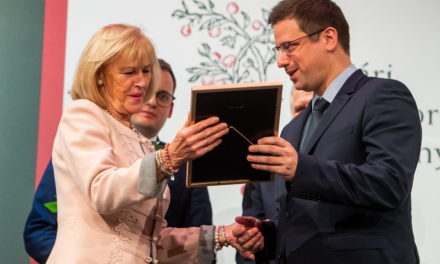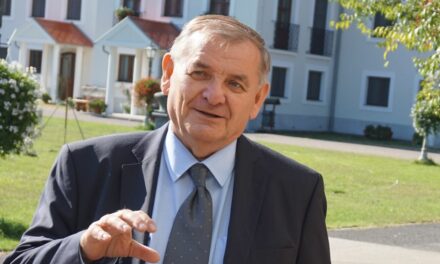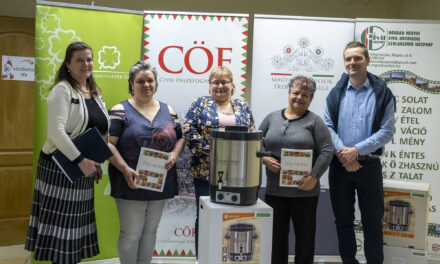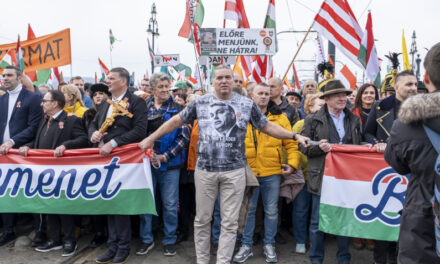Head of State János Áder also spoke about the finiteness of raw material resources, the importance of waste recycling and new solutions on Wednesday on Kossuth radio Good morning, Hungary! in his show.
The head of state emphasized: some of the raw materials are finite, so the "throw away culture" and production logic cannot be sustained. He cited the lack of magnesium used in car manufacturing as an example. He said that 90 percent of magnesium is produced in China, and its production has essentially been stopped in Europe. However, China is closing part of its magnesium mines due to the tightening of environmental protection rules and its climate commitments, so the supply of raw materials is becoming scarce, and European car manufacturers are facing serious procurement problems.
He added:
"if we do not manage our raw material sources responsibly, if we do not take into account their scarcity", then certain production processes may become permanently impossible.
Among good examples of recycling, János Áder mentioned the gold that can be extracted from smartphones. He said that two grams of gold can be extracted from one ton of rock with traditional mining methods, using cyanide technology, and 300 grams from one ton of mobile phones - with an existing technology. What's better, demolishing a mountain and leaving a cyanide tailings pond, or recovering gold from scrapped cell phones? asked the head of state.
He noted
In Belgium, a well-functioning, profitable business deals with this kind of recycling of mobile phones, and he expressed his hope that there will be a company in Hungary that sees fantasy in this.
As an example of good solutions for food use and recycling, he mentioned the Munch application and service, with the help of which food manufacturers can deliver high-quality products that have not yet expired, but which can no longer be sold in the bakery or restaurant in the evening, to consumers at a discounted price.
He also mentioned the robot that uses a cocktail of bacteria to produce high-quality compost without any smell in a few weeks.
He added that both the application and the robot will be presented at the Planet Budapest 2021 Sustainability Expo and World Meeting starting on November 29.
At the same time, János Áder also warned:
the most important thing is prevention, i.e. reduction of waste generation and consumption.
He reminded: while in 1970 we used 27 billion tons of raw materials all over the world, by 2017 this had increased to 100 billion tons, i.e. four times. The consumption and use of plastic in 1967 was 2 million tons, today it is 380 million tons, 190 times more than in the 60s. If the economy expands in this form, thus increasing the population and consumption, then the world's consumption of raw materials will double the current level in the coming decades, he said.
Speaking about the importance of personal responsibility, he mentioned a UN survey made a few years ago, according to which a third of the clothes we buy are not worn once or never, while 7,500 liters of water are needed to produce a pair of jeans.
János Áder also warned that:
environmental pollution, i.e. the release of plastics into nature, endangers not only the living world, but also humans themselves. After entering the food chain, the microplastics that are incorporated into the organism of inferior marine organisms eventually end up in the human organism.
Source: MTI













